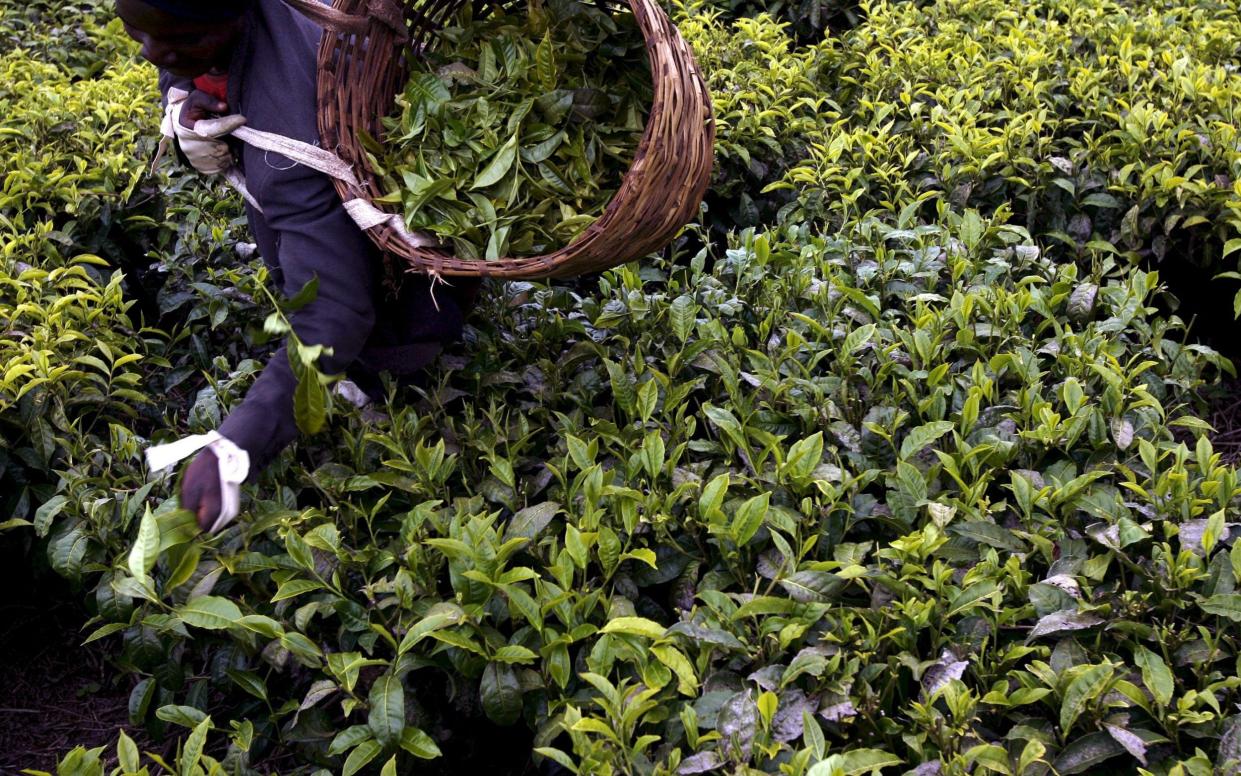UN urges Britain to pay compensation to tribes forced off land for PG Tips

A UN body has urged Britain to pay “economic compensation” to Kenyan tribes that were forced off their land during the colonial period to make way for tea plantations, where plants were grown for PG Tips.
The recommendations are an escalation in the long-running campaign by the Kipsigi and Talai ethnicities for reparations over colonial abuses and land expropriation up to the 1960s.
Fabian Salvioli, a UN Special Rapporteur, was petitioned to handle the case by more than 100,000 victims who claim the British Government has so far refused to open any formal investigations.
Mr Salvioli made the new recommendations to the UN General Assembly this week, without specifying how much compensation should be paid. Earlier this year he wrote to the British Government expressing concern “at the alleged lack of accountability and effective remedy for the victims of gross human rights violations".
Kibore Cheruiyot Ngasura, a survivor of the period, claims that his entire tribe was relocated to a town called Gwasi on the arid shores of Lake Victoria after several individuals resisted colonial authority.
Along with forced resettlements, the victims also claim abuses such as torture, murder and rape.
In 1918, the Colonial Office set aside the land for retired first world war officers, known as the British East Africa Disabled Officers Cooperative.
After a flax-growing initiative failed, the bankrupt officers sold the land to leading tea exporter Brooke Bond, which introduced PG Tips to Britain in 1930 and was acquired by Unilever in 1984.
More companies and wealthy individuals arrived soon after, leading to the aggressive expropriation of land up until Kenya’s independence in 1963. Other corporations include London-based Finlay’s and Williamson Fine Tea.
“I want them to get out of our lands completely," said Everline Chelangat Kikwai, another survivor of the period. "If possible, uproot their tea and ship it to their country so that we can use the land to take care of ourselves for the few years left for us to live".
The Government issued a response to the Special Rapporteur earlier this year, saying “the UK Government has recognised that Kenyans were subject to torture and other forms of ill treatment at the hands of the colonial administration”.

